Writer Stephanie H. Murray discusses the reasons we can’t let children roam like the free-range kids of past generations – and the anxiety constant surveillance raises in parents.
Read more


Writer Stephanie H. Murray discusses the reasons we can’t let children roam like the free-range kids of past generations – and the anxiety constant surveillance raises in parents.
Read more
Pulitzer Prize–winning journalist Héctor Tobar discusses his conversations with a multitude of voices identifying as Latino in the U.S. and the many ways they contribute history and culture to the American landscape.
Read more
Writer Jaime Green discusses the science, even science fiction, that inspires astronomers to look for life in the cosmos and what it means for those of us living back on Earth.
Read more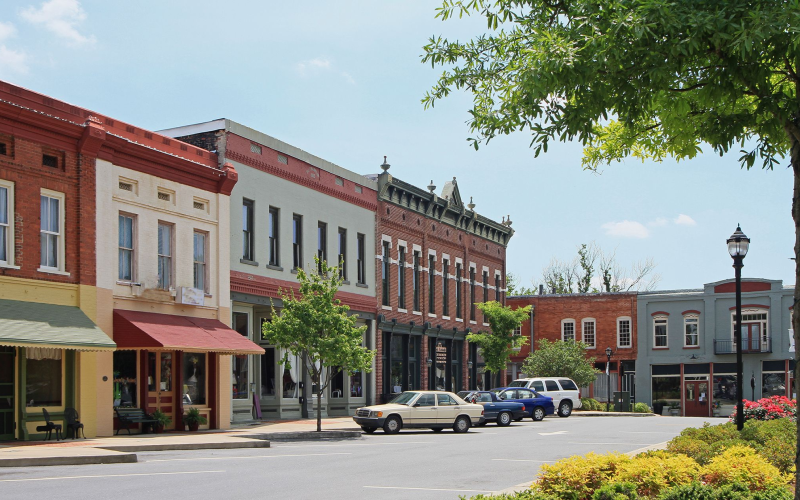
USC professor Elizabeth Currid-Halkett discusses the small towns across America that are thriving and, by many metrics, outperforming much larger urban centers.
Read more
Philosophy professor Agnes Callard discusses why our wanderlust might be just a panacea for staving off the hands of time and how we may need to rethink our global adventures.
Read more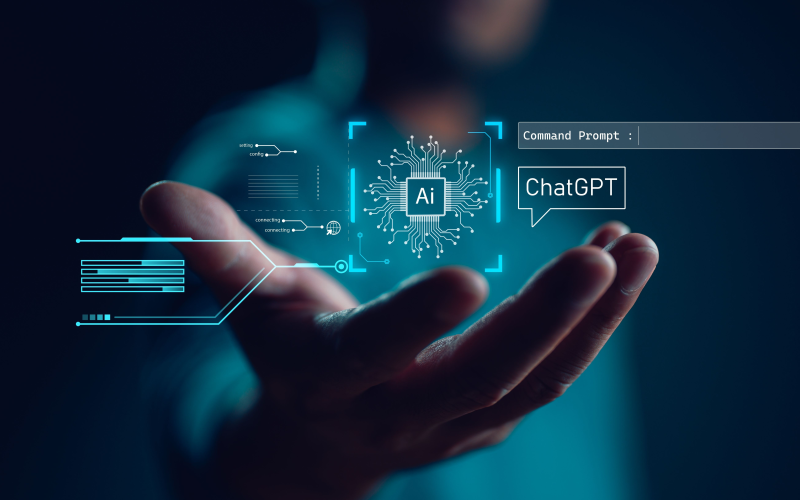
Atlantic executive editor Adrienne LaFrance discusses why we must set aside places that no computers can touch to remind ourselves that we are fully human.
Read more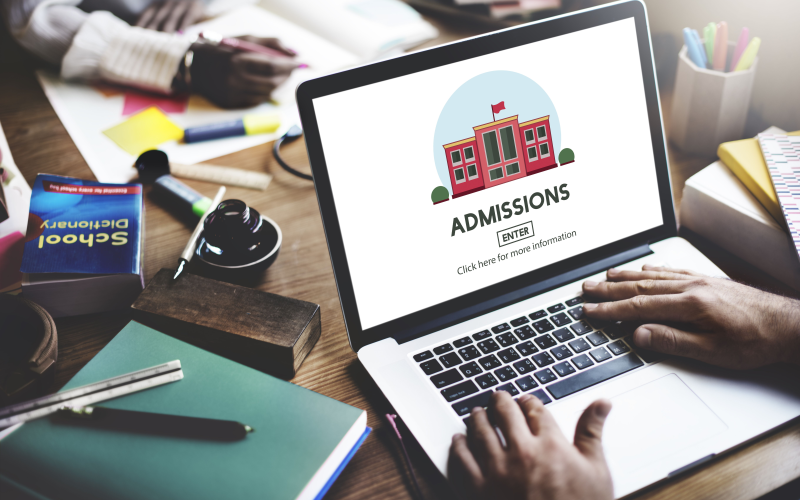
Writer Bertrand Cooper makes the case that race-conscious admissions by universities frequently benefit students who are already from elite backgrounds and that it’s time to also consider socioeconomic status.
Read more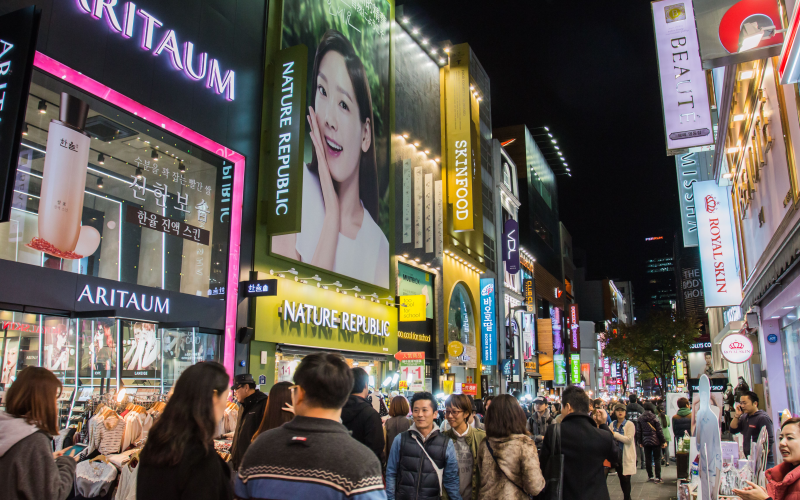
NPR correspondent Elise Hu discusses K-beauty – which prioritizes perfection – its reach across the globe, and the consumerism that has crept into our very skin.
Read more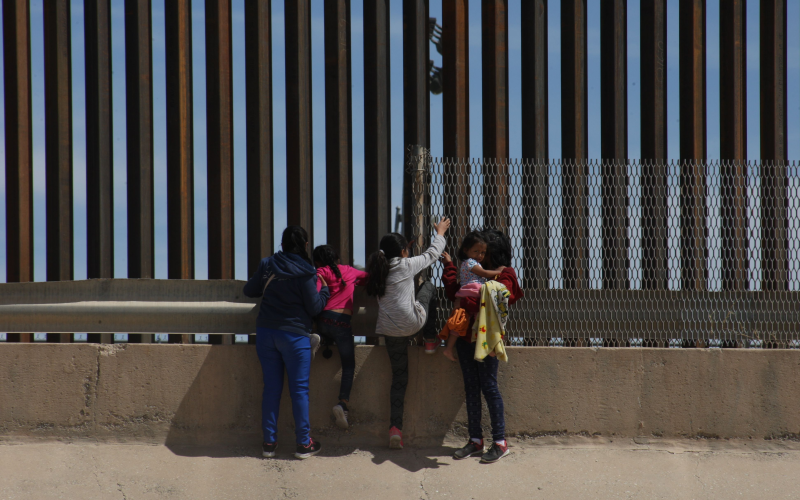
Immigrant justice advocate Alejandra Oliva discusses her work as a translator on the border, how it relates to her life as a Mexican-American woman, and what it takes to actually become a U.S. citizen.
Read more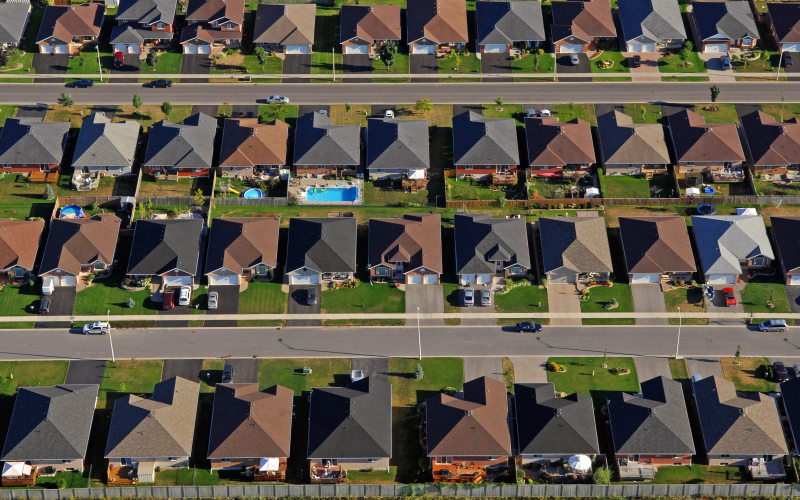
Affordable housing consultant Leah Rothstein discusses solutions to alleviate inequalities that remain in communities to this day.
Read more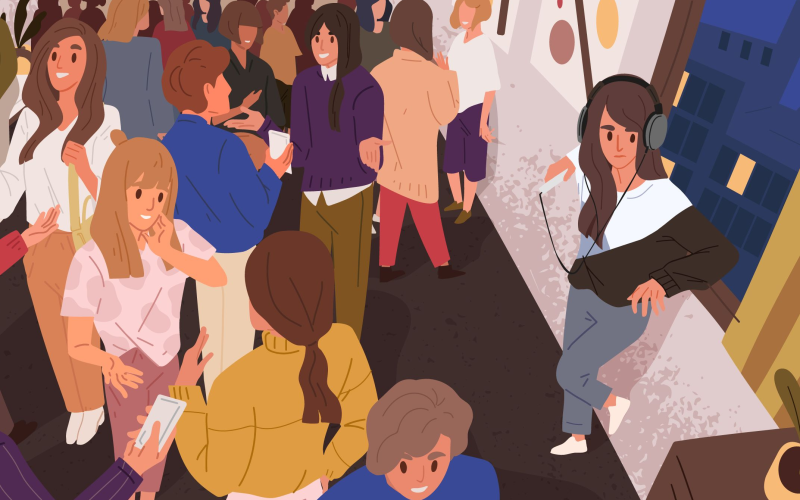
Julie Beck, senior editor at The Atlantic, discusses how we can regain our pre-pandemic confidence in social situations.
Read more
Professor Jan Grue, who is disabled himself, joins host Krys Boyd to discuss villains from Disney to 007 – and how these portrayals of people with disabilities spread harmful ideas.
Read more